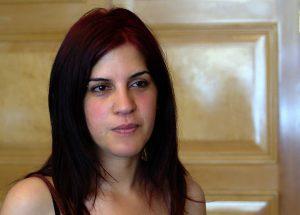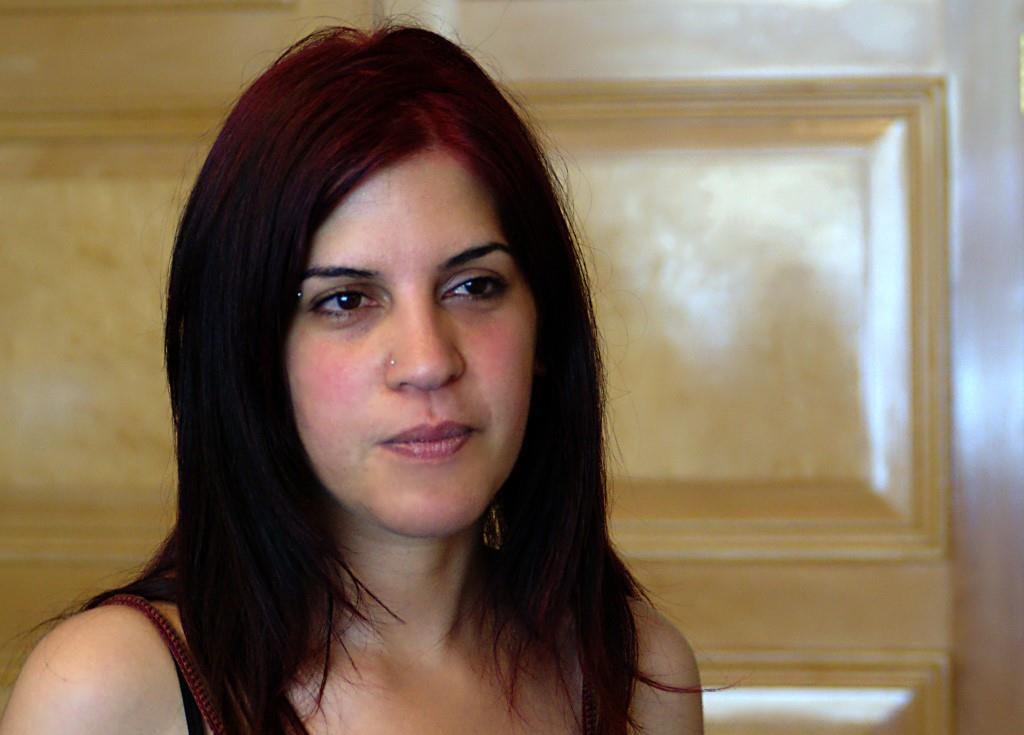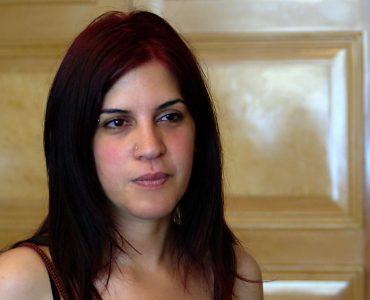Lina Ben Mhenni (22 May 1983 – 27 January 2020) was a Tunisian activist, blogger and lecturer in linguistics at Tunis University. She became known internationally for her work during the 2011 Tunisian revolution and its aftermath. In her late 20s at the time, Ben Mhenni rose to prominence in the early days of the 2011 revolution through her blog A Tunisian Girl.
Hers was one of the few voices that told the world of the killings and crackdown on protesters in Sidi Bouzid – where the uprising that eventually toppled autocratic President Zine el-Abidine Ben Ali began. Ben Mhenni was one of the few bloggers to blog using her real name rather than adopting a pseudonym to protect her identity. Her popular blog, A Tunisian Girl, as well as her other social media accounts, were censored under the Ben Ali regime. Ben Mhenni posted photos and video of protests of those injured throughout Tunisia during the various protests. This was hold the government to account for its actions and to the people who were harmed.
Ben Mhenni was the only blogger present in the interior cities of Kasserine and Regueb when government forces massacred and suppressed protesters in the region. Her reports and posts provided uncensored information to other Tunisian activists and the international media.

From the beginning of the Tunisian Revolution and until she passed away, Ben Mhenni played a prominent role amongst Tunisia’s bloggers and democracy activists. She was vocal against continuing corruption in the Tunisian regime. She criticised the governing party Ennahda for a “double discourse” that espoused reactionary views on social media while its leaders presented a different image to traditional media. She was not universally loved, and her international fame created a backlash among some. But she was widely respected for sticking up for her principles. In a 2014 editorial for CNN, she wrote that her activism after Ben Ali’s overthrow had led to her receiving death threats and requiring close protection of the police.
Ben Mhenni stated that Tunisia’s revolution “cannot be called an internet revolution”, and insisted that the revolution against Ben Ali was fought “on the ground” through demonstrations and resistance. “It is not enough to publish a status, or a video, or share a hashtag. You have to work in the field, meet people, and be present during the demonstrations.” She was quoted as saying.
For some Tunisians, Ben Mhenni personified the ideals and goals of what many in Africa and beyond expect from their present and future rulers – fairness, justice, and freedom.
She continued to act on her words until she passed away. Along with her father, she started an initiative to create libraries in prisons to promote culture and counter terrorism. In her final months, she denounced the state of hospitals in the Tunisian capital. In 2011, Ben Mhenni was reported to have been a candidate for the Nobel Peace Prize for her contributions and activism during the Tunisian Revolution.
Ben Mhenni died on 27 January 2020, aged 36, in a hospital, was caused by a stroke resulting from complications of an autoimmune disease, lupus. Media outlets from different countries highlighted the relevance of her work and contribution to the human rights struggle in the country and the region.
Additional source: Wikipedia, BBC


